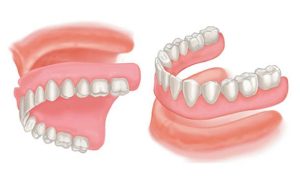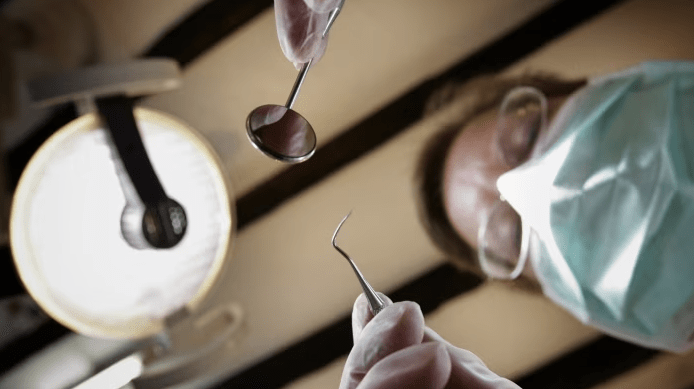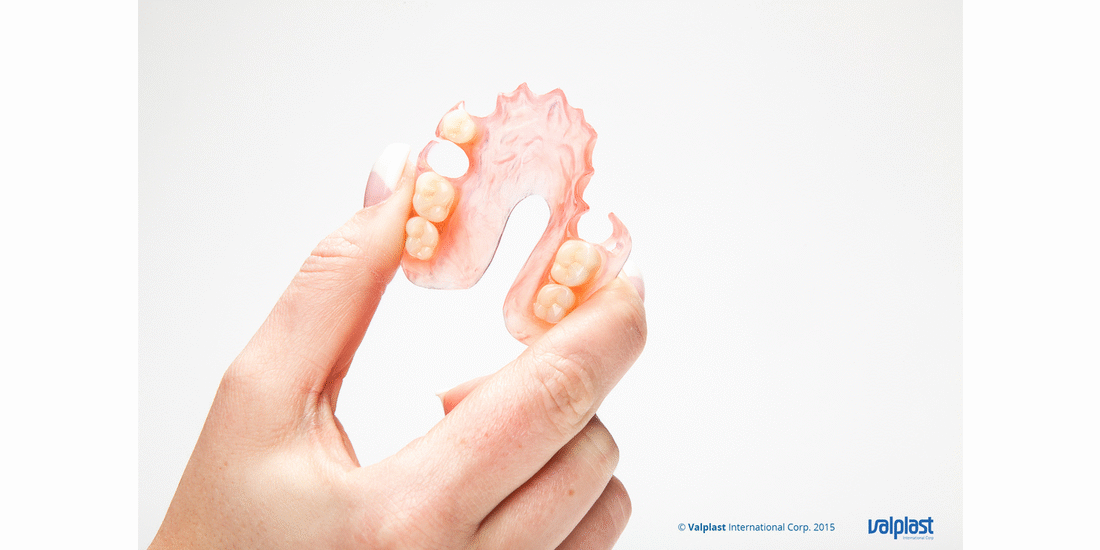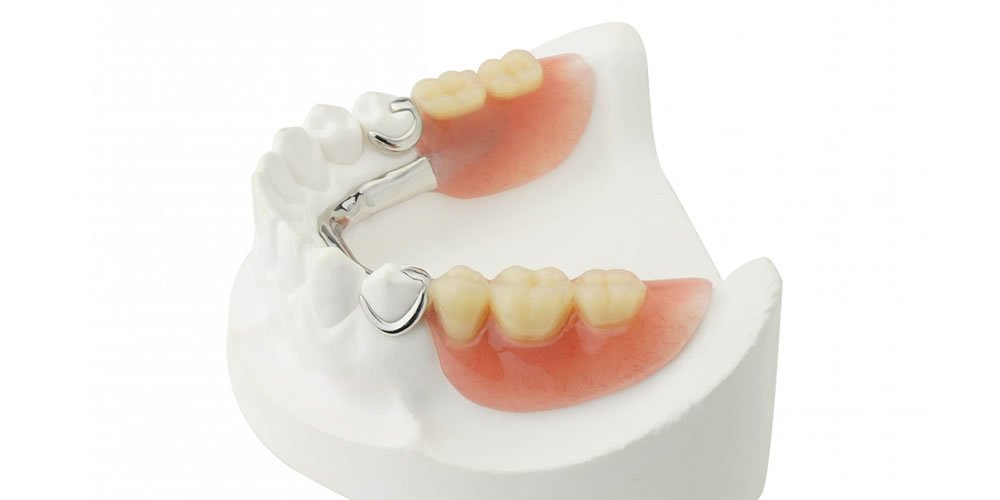It can be worrying to lose one or several teeth due to trauma, decay, fracture or disease. The options to replace missing teeth can sometimes be quite confusing, but we’re here to help you through the process. There are a few factors to consider when you are considering a replacement for missing tooth.
This blog post will outline the reasons why you may want to replace a missing tooth and what options are available.
Why Should I Replace Missing Teeth?
- Aesthetics – The most common reason to replace missing teeth. Your confidence levels can be significantly impacted by the appearance of your smile.
- Function – When you lose multiple teeth, this can impact upon your ability to chew comfortably and efficiently.
- Speaking – Sometimes with loss of certain teeth, you can find it difficult to pronounce certain sounds in words.
- Facial symmetry – The teeth support facial tissues and muscles. Tooth and subsequent bloss can cause a sunken appearance to your cheeks and lips, giving an aging effect.
What Options Are There for Replacing Missing Teeth?
Broadly speaking there are 3 options to replace missing teeth – A Dental Implant, a dental bridge or a removable denture.
Dentures vs Implants vs Bridges
The main difference between a denture, implant and bridge is that a denture is a removable appliance to replace missing teeth and an implant or bridge is fixed in place.
A bridge is where a false porcelain tooth is fixed in place to your natural teeth to replace the missing tooth or teeth. In many cases, the natural tooth will need some reduction to make space for the replacement tooth.
Dental implants are artificial replacements for your tooth roots that are placed within the bone of your jaw to help support an artificial tooth or appliance placed on top. Dental implants require no reduction of the surrounding teeth to replace the missing tooth.
We will expand more upon these options below.
1. Dental Implants
Implants can replace a single tooth, several teeth, or support a full set of dentures.
A dental implant is a fixture made from titanium that is placed in the jaw bone. Once this has been placed it takes on average 3 months to fuse with the bone. A dental crown is then placed over the implant to restore function and aesthetics.

For the dental implant to integrate with the jaw bone, a certain quantity of quality bone is required. If a small amount of bone is needed, a bone graft can be done but for larger bony defects, a dental implant may not be a suitable treatment option.
While an initial concern of patients regarding implants is its high cost, it is important to keep in mind that placing a dental Implant requires precision and skills that are achieved after countless hours of training done by the dentist. The lifespan of a dental implant if cared for well by the patient can be more than 15 years which when seen in the long term, justify its cost. The natural look and feel given by an implant is superior compared to alternative treatment options.
To find out more about dental implants please click here.
Implant Considerations
If you would like to have a dental implant to replace a missing tooth, it is important to consider this option sooner rather than later. When a tooth is extracted because it is unrestorable due to decay, fracture or disease, slow resorption of the surrounding bone occurs along with the healing of surrounding tissues. Should there be a significant amount of bone loss, bone grafts are more likely to be required at extra cost to place a dental implant.
2. Implant Supported Dentures
If you have lost all your teeth, an implant-supported dentures provide stability especially in the lower dentures which are more prone to move due to combined action of muscles and tongue movement. It can be cleaned by taking out just like conventional dentures.

3. Dental Bridge
A bridge is where a false porcelain tooth is cemented to your natural teeth to replace the missing tooth or teeth. In many cases, the natural tooth will need some reduction to make space for the replacement tooth.
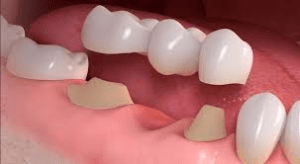
This tooth reduction is not without risks and disadvantages. It can shorten the lifespan of the tooth in question and can potentially lead to the nerve dying, and then requiring root canal treatment. A dental bridge does not require removal for cleaning, they must be maintained by a regular brushing and flossing routine. Bridges are cheaper than a dental implant, but will not last as long.
4. Dentures to Replace Missing Teeth
Complete Dentures
A complete denture is a way to replace all the teeth which are missing in the mouth. Their fit, function and retention can be vastly improved with the placement of dental implants to fix them in place and improve support.
To find out more about complete dentures and the options available please click here.
Partial Dentures
Partial dentures are used to replace missing teeth in the mouth when you still have some of your own teeth left. They can be used to replace a single missing tooth or can be used to replace multiple missing teeth in any part of the mouth.
To find out more about different types of partial dentures, click here.
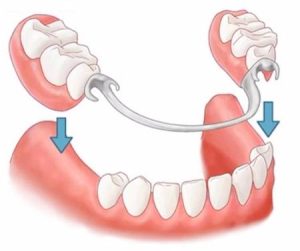
Frequently Asked Questions
-
What Happen's If You Don't Replace a Missing Tooth?
Depending on the location and nature of the missing tooth, not replacing this can potentially lead to subtle alterations in the alignment of surrounding teeth and impact jawbone health. This is not the case for every missing tooth because there are many variables. However, one of the main reasons people choose to replace a missing tooth is for aesthetic purposes.
-
Can I Replace a Tooth?
Yes, there are several options for replacing a lost tooth, including dental implants, bridges, and dentures. Speak with a dentist to find the best solution for your needs and budget.
-
Can You Replace a Molar?
Yes, generally speaking all types of teeth including molars can be replaced using dental implants, bridges, or partial dentures. However, as everyones teeth are different and because of other factors, such as the way the tooth was lost, and gum health – your replacement options may vary. It is important to discuss your specific needs with a dentist to confirm the options available to you.
